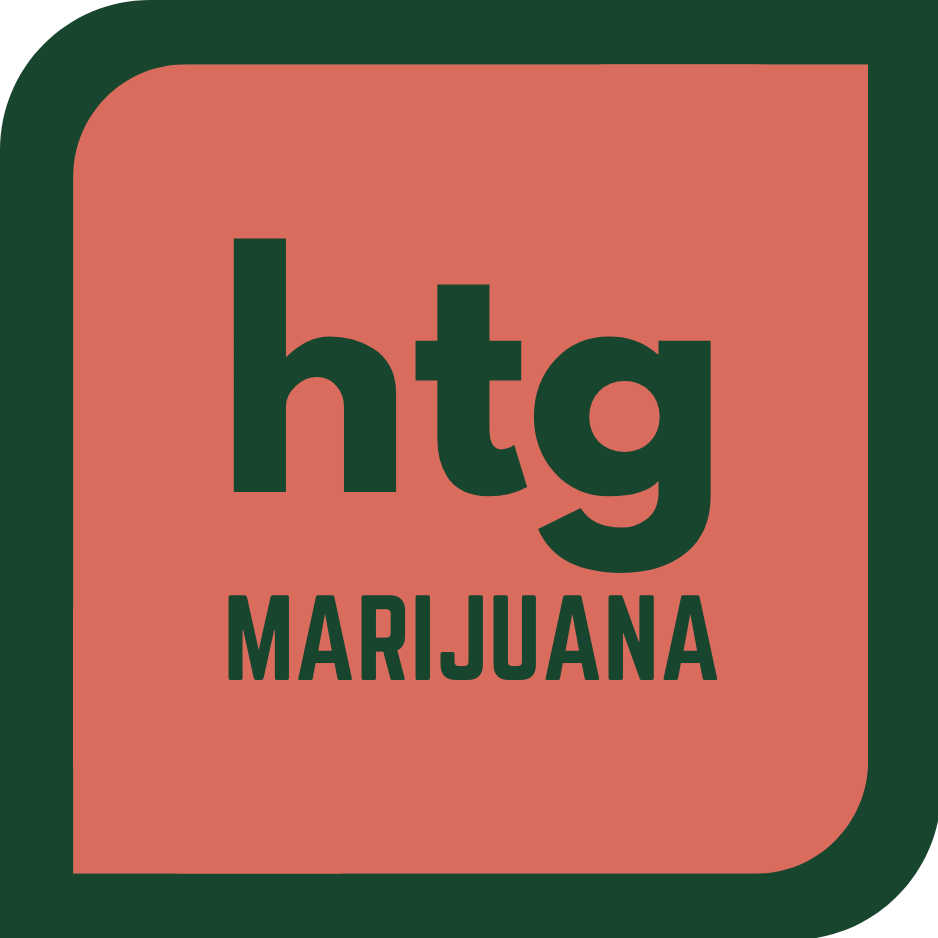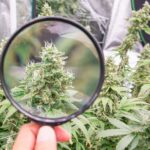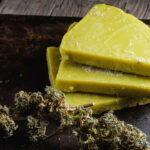The Best Fluffy Pancakes recipe you will fall in love with. Full of tips and tricks to help you make the best pancakes.
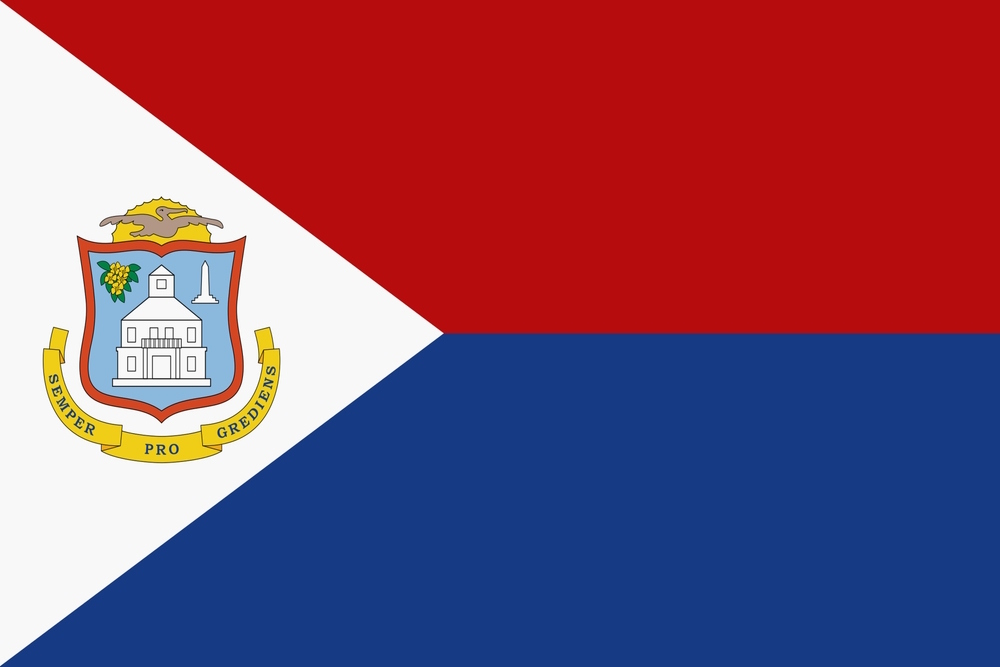
Is Weed Legal in St Maarten?
If you’re planning a trip to Sint Maarten or thinking of relocating there, one question that might be high on your list is whether you can enjoy a bit of cannabis on the island without running into trouble. The answer isn’t a simple yes or no—but don’t worry, I’ve got you covered. As a long-time cannabis breeder and grower, I’ve seen how laws shift around the world, and Sint Maarten’s cannabis scene is one that’s slowly evolving. It’s a place where the legal framework is still rooted in prohibition, but you’ll find a growing push toward reform. In this guide, I’ll walk you through everything you need to know about cannabis legality, usage, and what the future might hold for weed in Sint Maarten.
Legal Status of Cannabis in Sint Maarten
Is recreational cannabis decriminalized or strictly illegal?
Cannabis is illegal for recreational use in Sint Maarten. That’s the black-and-white legal status. It’s classified as a controlled substance under local narcotics legislation, meaning you can’t legally possess, consume, cultivate, or sell cannabis in any form for fun. There’s no formal decriminalization process on the books yet, which sets Sint Maarten apart from some other Caribbean territories that have taken more relaxed approaches.
That said, enforcement doesn’t always reflect the hard line in the law. You might find locals lighting up at the beach or small-time possession getting a pass—but that doesn’t mean you should assume it’s safe. The law still treats weed as illegal, and if you’re caught, the consequences can include fines, arrest, and in some cases, jail time.
So, while it may feel somewhat tolerated in some social circles or locations, there’s no legal grey area written into the code. It’s technically a red zone. If you’re visiting, don’t assume you’ll be treated like you’re in Amsterdam. This isn’t that kind of Dutch territory.
What penalties exist for possession or use?
Possession of even small amounts of cannabis can lead to criminal charges in Sint Maarten. The law doesn’t distinguish between small-scale personal use and intent to distribute in a detailed way like you might see in places with decriminalization statutes.
If you’re found with cannabis:
- You can be arrested.
- You may face fines, which vary depending on the quantity.
- You risk having a criminal record.
- In some cases, particularly for repeat offenses or possession near schools, you could face jail time.
For tourists, this also means possible deportation or denial of re-entry if you’re caught. Law enforcement has discretion, and that can be good or bad depending on who you run into.
So if you’re holding—even just a little—understand that there is risk involved. I always say: know the law like you know your light schedule. Don’t get burned by ignorance.
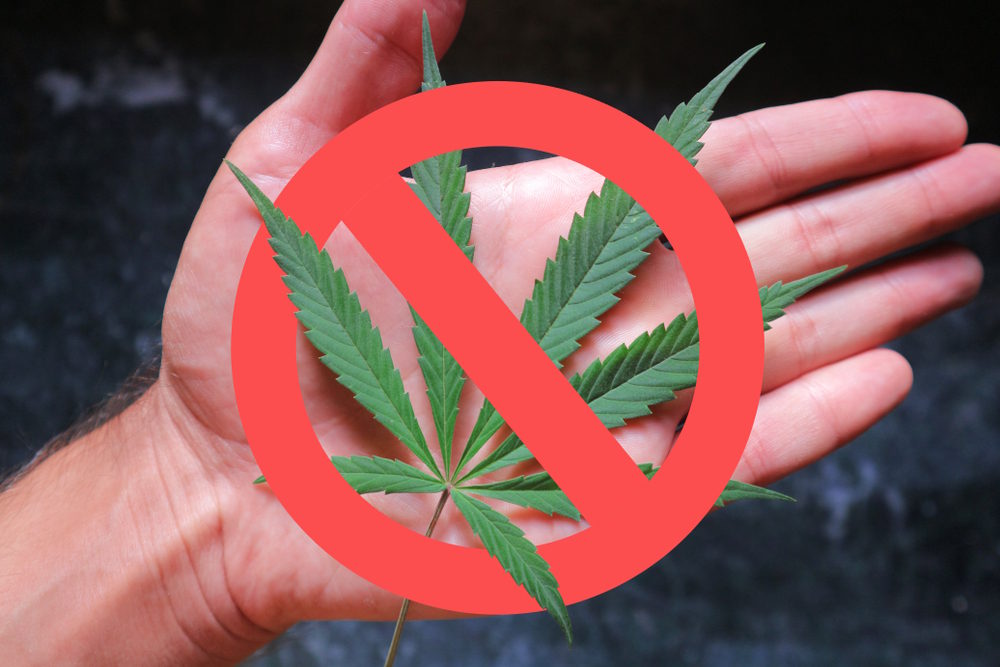
Medical Cannabis: What’s Allowed and How It Works
When did Sint Maarten introduce medical cannabis regulations?
Sint Maarten hasn’t introduced a comprehensive medical cannabis program yet, at least not one that’s fully structured or widely accessible. As of now, there is no publicly available licensing or prescription system for medical cannabis. However, there have been movements toward legalization on the medical front since at least 2017, when local debates and proposals started surfacing around potential frameworks for regulated access.
The conversation picked up speed in recent years. In 2023 and 2024, legislation began to take shape with the establishment of working groups looking at ways to legalize cannabis for medicinal purposes. These are real legislative steps, not just loose promises. So while it’s not quite there yet, the foundation is being laid.
Which conditions qualify and how is the prescription process structured?
Since medical cannabis isn’t legally implemented, there’s no official list of qualifying conditions or a prescription process in place. However, from watching how these systems evolve globally, and being involved in similar projects, I’d expect that any future program will likely start with the usual suspects:
- Chronic pain
- Cancer treatment side effects
- Epilepsy
- PTSD
- Glaucoma
- Multiple sclerosis
The prescription model would likely involve approval by certified physicians, regulation by a health ministry or cannabis control board, and possibly limited product forms at first. But for now, if you’re hoping to get a doctor’s note and hit the dispensary in Sint Maarten, that’s not a reality yet.
What forms of cannabis (vaporizer, extract, tea, etc.) are permitted?
None are legally permitted at the moment—not even CBD-based products unless they’re explicitly non-psychoactive and cleared for import. There are no state-run or private dispensaries legally allowed to operate. That means:
- You can’t buy cannabis flower.
- You can’t legally use oils, tinctures, or vapes for medical purposes.
- You can’t legally bring your own stash, even with a prescription from another country.
That said, enforcement again can be patchy. Some tourists report being able to buy cannabis-derived products under the table, but you won’t find any legal shops. If reform legislation continues, expect future allowances to start with low-THC CBD products before THC products are broadly accepted.
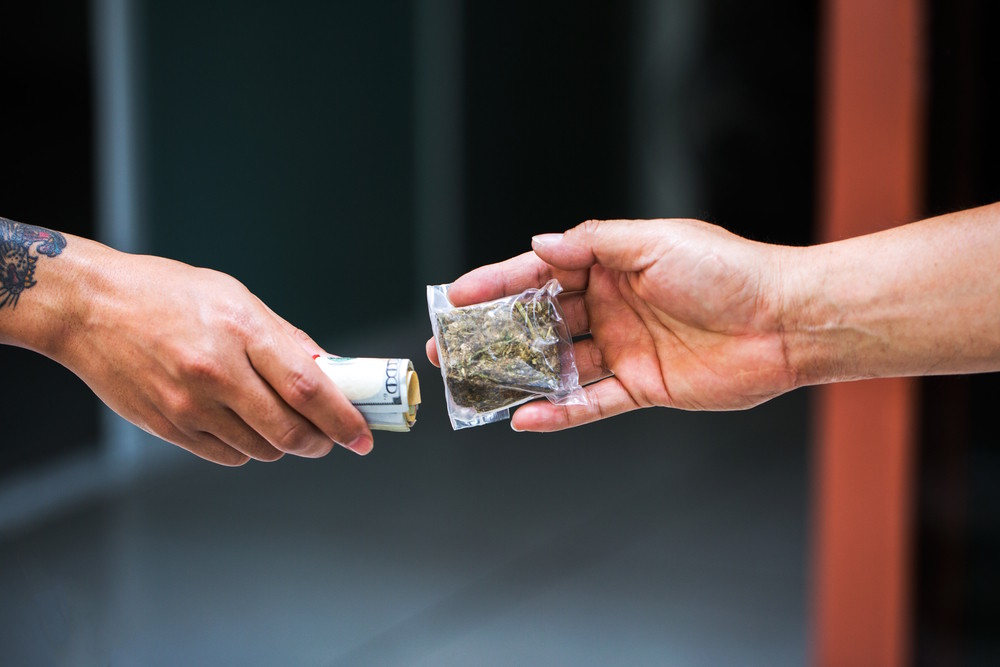
Enforcement Practices and Cannabis Culture on the Island
How tolerant is law enforcement toward small-scale use?
Law enforcement in Sint Maarten is technically strict, but in practice, there’s a bit of a shrug when it comes to small personal use. I’d compare it to how some growers might turn a blind eye to a few leaves yellowing late in flower—if it’s not harming anything, no need to panic.
Police do have the authority to arrest anyone in possession of cannabis, but many people—especially locals—report that small amounts often result in warnings or confiscation rather than jail time. Still, it depends heavily on the context:
- If you’re respectful and low-key, you might avoid hassle.
- If you’re smoking openly on a crowded beach, you’re asking for it.
- If you’re caught with weed near a school or in traffic stops, expect no leniency.
So while there is a bit of cultural tolerance, especially among locals, you should treat it as illegal and act accordingly. Tourists don’t always get the same pass as residents.
What’s the real on-the-ground availability for tourists?
You’re not going to find cannabis in shop windows, but that doesn’t mean it’s hard to come by. Many tourists report being offered weed by taxi drivers, beach vendors, or hotel staff who “know someone.” It’s part of the underground economy, and it exists mostly through word-of-mouth.
Here’s what I’d tell you if we were walking the island together:
- Be discreet if you’re asking around.
- Don’t carry large amounts.
- Never try to take weed off the island—airport security is tight.
Some resorts and clubs are more relaxed than others, especially in nightlife-heavy areas like Simpson Bay. But again, none of this changes the fact that it’s still illegal.

Government Proposals & the Road to Legalization
What steps has the government taken toward legalization or industry licensing?
There have been real steps. In 2022, the Ministry of Public Health launched a request for proposals (RFP) seeking companies to help develop a framework for the regulated cannabis industry in Sint Maarten. That’s a pretty big deal. It means the government is actively exploring how to transition from prohibition to regulation, starting with medical cannabis.
In 2024, legislation (AB 2024 no. 11) was passed to establish a workgroup tasked with developing the roadmap for legalization. That includes looking at licensing, taxation, product regulation, and public health safeguards.
I’ve seen these kinds of shifts happen before—once you’ve got government-backed RFPs and a public workgroup, legalization usually isn’t far behind.
Who are the key stakeholders (e.g. SMCC, private companies, ministries)?
The key players include:
- Ministry of Public Health, Social Development and Labor – spearheading public health regulation and industry proposals.
- Sint Maarten Cannabis Council (SMCC) – an advocacy group pushing for regulation.
- Private sector partners – including pharmaceutical and agricultural investors interested in cultivation and export.
If you’re thinking of getting involved as an investor or business owner, now’s the time to start paying attention. When a country is building an industry from the ground up, early movers often set the tone for years to come.
What is the timeline or process underway (e.g. RFPs, workgroups)?
The RFP process began in 2022, and the legislative workgroup was established in 2024. While no firm deadline has been announced, based on similar Caribbean and Latin American movements, I’d expect a medical cannabis law to pass within 12–24 months, possibly sooner.
That would likely be followed by:
- Pilot programs for medical use
- Licensing and compliance phases
- Public education campaigns
- Gradual moves toward recreational cannabis
If I were a betting man—and let’s be real, growing weed is always a bit of a gamble—I’d say legal cannabis will be a reality in Sint Maarten by 2026.
Implications for Visitors and Future Outlook
What should tourists know before considering cannabis on the island?
If you’re a tourist planning to toke:
- Don’t bring cannabis to the island or take it home.
- Don’t smoke in public—stick to private areas if you must.
- Don’t assume your hotel is cool with it—ask discreetly.
- Don’t carry more than a gram or two if you buy locally.
And most importantly, don’t be the one who ruins it for everyone else. Keep it respectful.
What economic or social impacts could legalization bring?
Legalization could open big doors for Sint Maarten:
- Job creation in cultivation, retail, tourism, and medical sectors
- Tax revenue for infrastructure, education, and healthcare
- Cannabis tourism boosting hotel, restaurant, and entertainment revenue
- Public health regulation replacing risky underground sales
This also could help reduce criminal justice costs while boosting entrepreneurship. Imagine locally grown medical-grade strains being exported to Europe or sold to tourists legally—that’s a serious economic opportunity.
What remains uncertain and what to watch for in the coming years?
There are still open questions:
- Will legalization cover both medical and recreational use?
- How will the government regulate local cultivation vs import?
- Will tourists be allowed to purchase legally?
- What pricing and product quality standards will be enforced?
Keep an eye on the workgroup’s updates and any public consultations. That’s where you’ll see the direction things are heading.
Conclusion
So, is weed legal in Sint Maarten? Not yet—but it’s on the way. As of now, cannabis remains illegal for recreational and medical use, with some social tolerance but no legal protections. But the wheels are turning. With government-backed legislation, workgroups, and industry interest, legal cannabis could soon be a reality on the island.
If you’re planning a visit, play it safe, stay informed, and know that change is coming. And if you’re watching this space as a grower, entrepreneur, or enthusiast like me, this is one island to keep on your radar.
